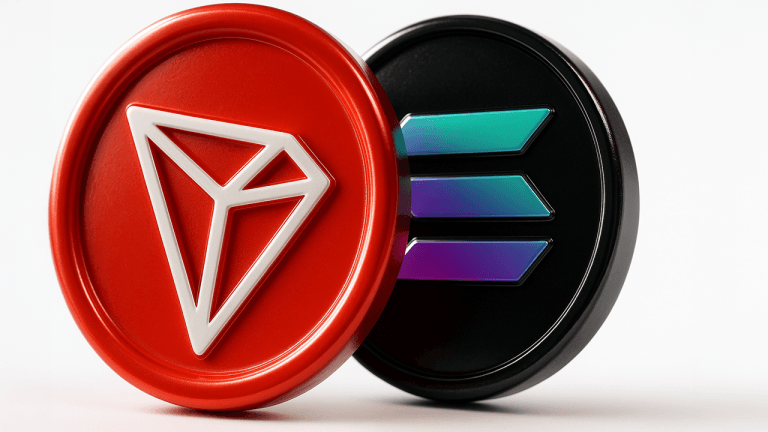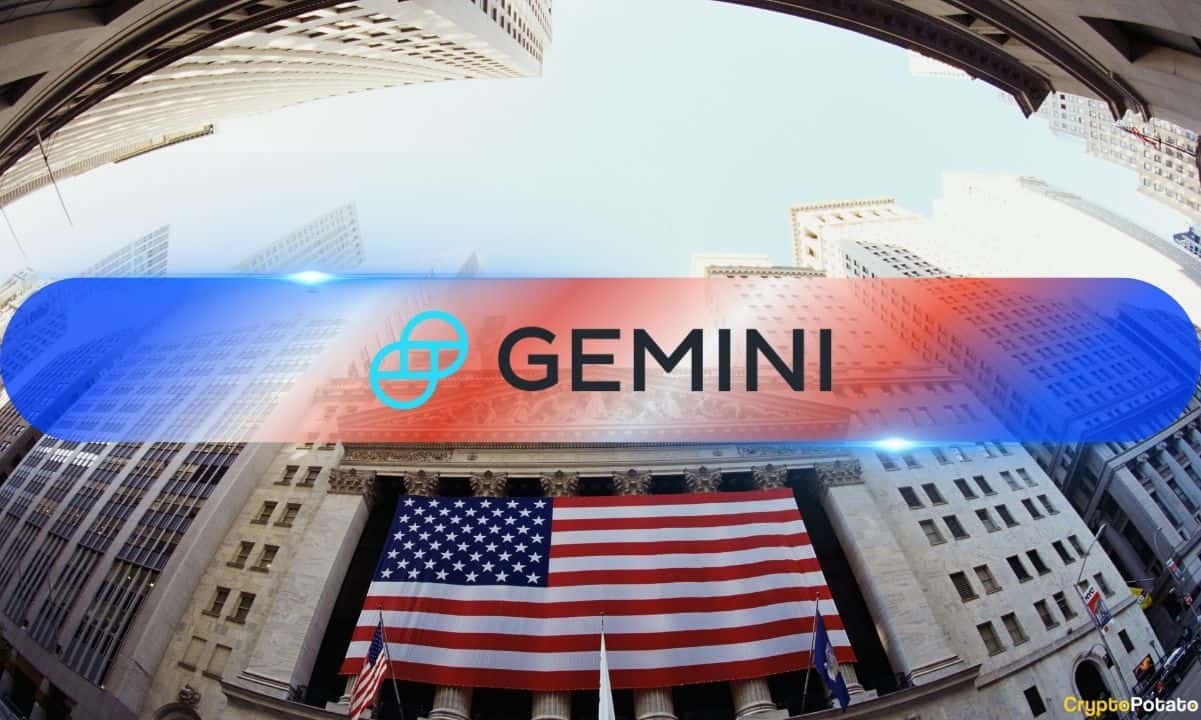ARTICLE AD BOX
Felix Pinkston Nov 18, 2024 20:48
NVIDIA collaborates with Google Quantum AI to advance quantum computing design using NVIDIA's CUDA-Q platform, enabling large-scale simulations to tackle noise challenges in quantum hardware.

NVIDIA has announced a strategic collaboration with Google Quantum AI to accelerate the development of next-generation quantum computing devices. This partnership leverages NVIDIA’s CUDA-Q™ platform, enabling Google Quantum AI researchers to simulate quantum device physics on an unprecedented scale, according to NVIDIA Newsroom.
Advancing Quantum Processor Design
The collaboration focuses on using NVIDIA's hybrid quantum-classical computing platform and the Eos supercomputer to simulate the physical behavior of Google's quantum processors. This initiative aims to address the inherent limitations of current quantum hardware, which struggles with maintaining computational integrity due to noise interference during operations.
Guifre Vidal, a research scientist at Google Quantum AI, emphasized the importance of scaling quantum hardware while managing noise levels. “Using NVIDIA accelerated computing, we’re exploring the noise implications of increasingly larger quantum chip designs,” he stated.
Leveraging GPU Power for Simulations
Traditionally, simulating the dynamics of quantum devices has been a computationally expensive endeavor. However, with the CUDA-Q platform, Google can utilize 1,024 NVIDIA H100 Tensor Core GPUs on the Eos supercomputer. This setup allows for one of the largest and fastest simulations of quantum devices globally, achieved at a significantly reduced cost.
Tim Costa, NVIDIA’s director of quantum and HPC, highlighted the role of AI supercomputing in the advancement of quantum computing. He noted that Google’s application of the CUDA-Q platform underscores the importance of GPU-accelerated simulations in overcoming real-world computational challenges.
Impact and Future Prospects
The integration of CUDA-Q and H100 GPUs enables Google to perform detailed simulations of devices containing up to 40 qubits. These simulations, which previously took a week, can now be completed in mere minutes. The software supporting these dynamic simulations will be publicly accessible within the CUDA-Q platform, facilitating the rapid scaling of quantum hardware designs.
As the quantum computing industry continues to evolve, collaborations such as this between NVIDIA and Google Quantum AI are pivotal in pushing the boundaries of what is possible, paving the way for the development of commercially viable quantum computers.
Image source: Shutterstock










 English (US) ·
English (US) ·